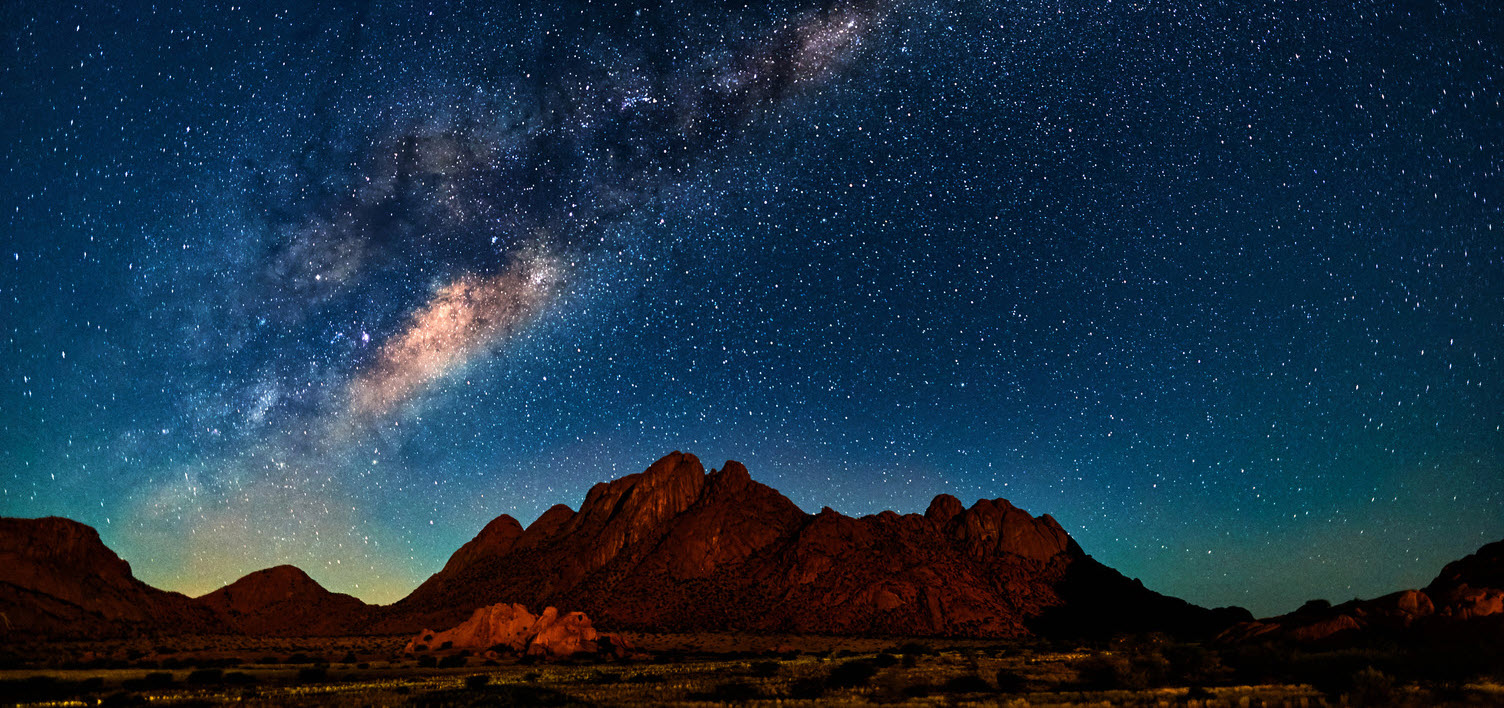
Middle Career
Experienced
Recognizing the Communication of Climate Science
The Pavel S. Molchanov Climate Communications Prize is given annually to a scientist in recognition for the communication of climate science to promote scientific literacy, clarity of message, and efforts to foster respect and understanding of science-based values, particularly around climate change. Successful candidates work in a climate science field and have had significant impact communicating about climate science with the general public and other non-scientists.
The prize is made available through the generosity of Pavel S. Molchanov. Established in 2011, the prize highlights the importance of increasing awareness and understanding of climate science and honors an established track record of climate communications or a specific communications campaign around climate science.
- A $25,000 prize
- An engraved award
- Recognition at AGU's annual meeting the year the honor is awarded
- Two tickets to the Honors Banquet at AGU's annual meeting the year the honor is awarded
Criteria for a Successful Nomination
The prize should emphasize communication to the public in addition to professional communication with the science community:
- Communicating with the public means communicating with news and other media, lay public, policy and decision makers.
- Consider how the nominee makes innovative use of communication tools (social media, visualization technology), understanding the psychology of communication.
What does high impact climate communication look like? What are some informal metrics for accessing public communication?
- Someone who is continually sought out by the media, testifying before Congress
- Someone who has successfully framed climate issues that have been picked up by others (e.g. look at extreme events in the context of climate change)
- Someone who has changed the dialogue of climate change (e.g. had impact in communities that traditionally don’t consider or accept climate change)
- Consider recognizing a sustained record of communication or a specific high impact activity
Eligibility
Read Career Stage Policy

